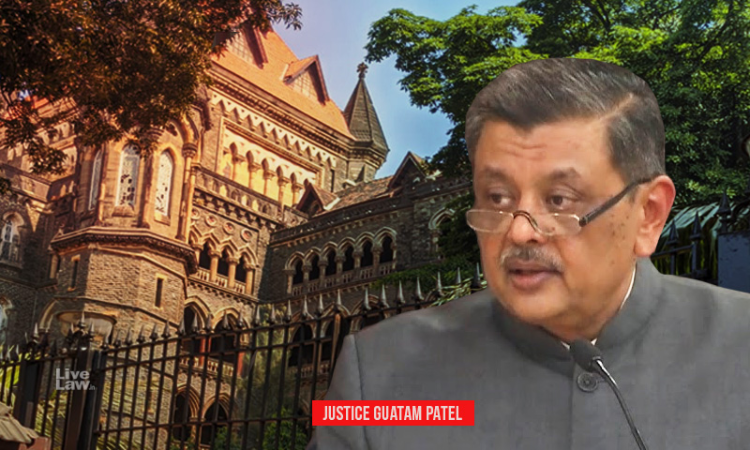Developer Not Paying 'Transit Rent' For Months A 'Growing Social Injustice'; Single Default Sufficient To Terminate Agreement : Bombay High Court
Sharmeen Hakim
27 March 2021 11:44 AM IST

'Non-payment of dues, the delays in project completion, and not paying transit rent for months together speaks to an inherent, and constantly growing, social injustice'
Next Story


